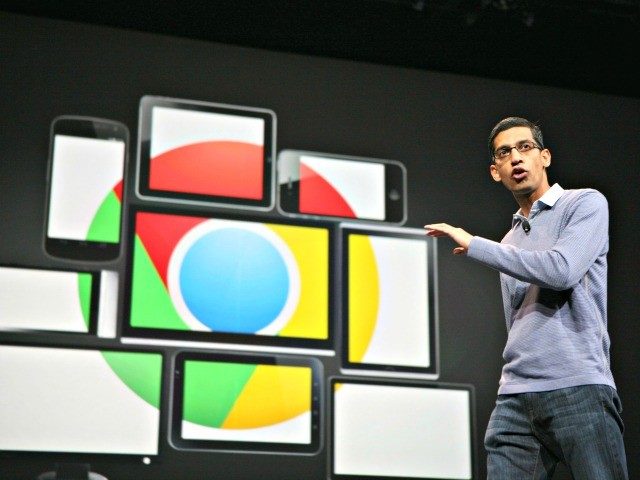A new report states that Google plans to close a privacy loophole in its Chrome web browser that allowed publishers to detect if users were in incognito mode and serve them different content.
Forbes reports that Google has plans to fix a privacy loophole which allowed publishers to detect if users were browsing the web in incognito mode on Google’s Chrome web browser and serve them different content as a result.
Chrome’s support page explains that while browsing in incognito mode, users’ browsing history, cookies, site data, or information entered in forms is not saved. But, users’ browsing activity: “isn’t hidden from websites you visit, your employer or school, or your internet service provider.”
Forbes explains the reasoning for this writing:
By checking for the availability of the API, sites can determine if it has been disabled by the error message they get and, therefore, conclude that it’s a private browsing session. “With the release of Chrome 76 scheduled for July 30,” Palser wrote, “the behavior of the FileSystem API will be modified to remedy this method of Incognito Mode detection.” What’s more, Google also insisted that Chrome will “likewise work to remedy any other current or future means of incognito mode detection.”
Forbes notes that this paywall method has always been easy to bypass and makes little sense:
The model itself is a flawed one from the start, as users have always been able to delete cookies in a non-private browsing session if they wanted. They could “even just use multiple browsers to extend the free access, Robert Pritchard, founder of The Cyber Security Expert, explains “if you’re savvy enough to use incognito mode you’re presumably savvy enough to download a second browser and delete the cookies frequently.”
The CEO of the News Media Alliance, David Chavern, once again criticized Google for its approach towards journalism. Forbes writes:
David Chavern, CEO of the News Media Alliance, has stated that this will “severely limit access to high-quality journalism,” and feels disappointed that “Google is again unilaterally imposing its will on news publishers.” Google concluded, as far as content metering strategies were concerned, it remained “open to exploring solutions that are consistent with user trust and private browsing principles.” However, it won’t allow the undermining of incognito mode principles.
Read the full report in Forbes here.
Lucas Nolan is a reporter for Breitbart News covering issues of free speech and online censorship. Follow him on Twitter @LucasNolan or email him at lnolan@breitbart.com

COMMENTS
Please let us know if you're having issues with commenting.